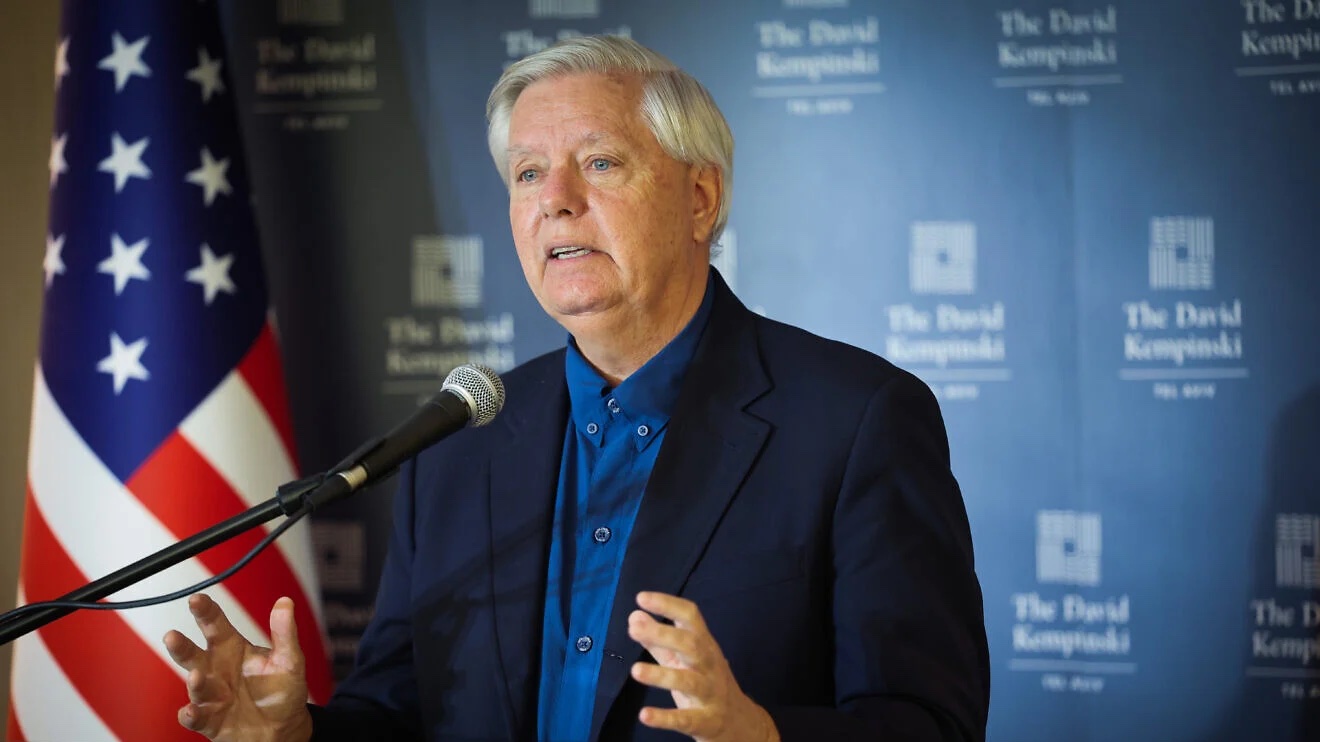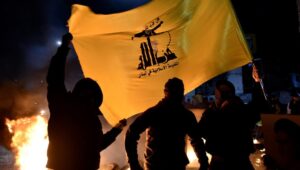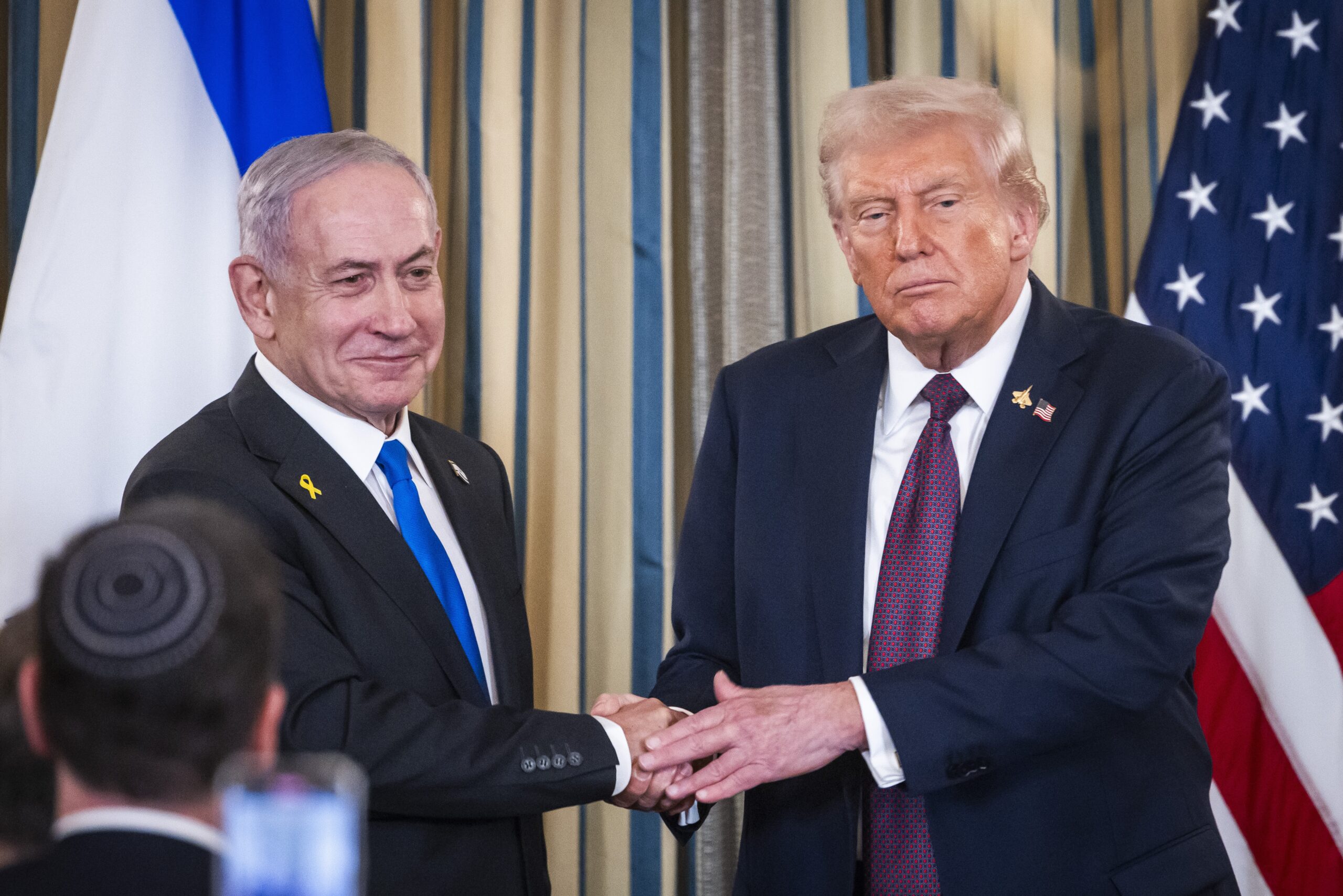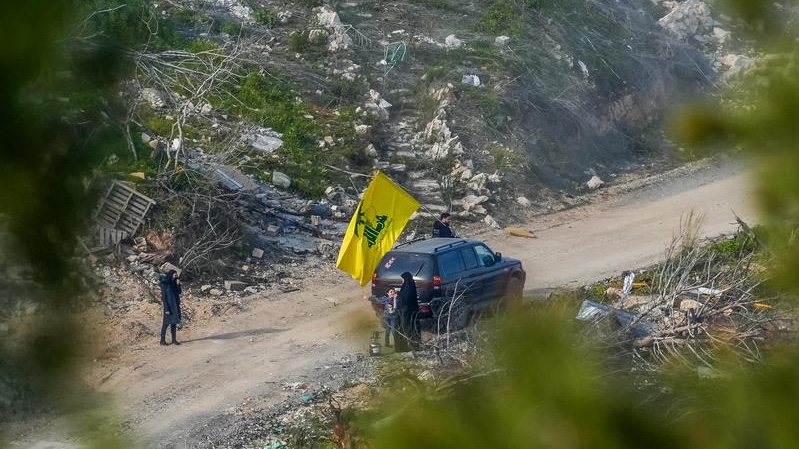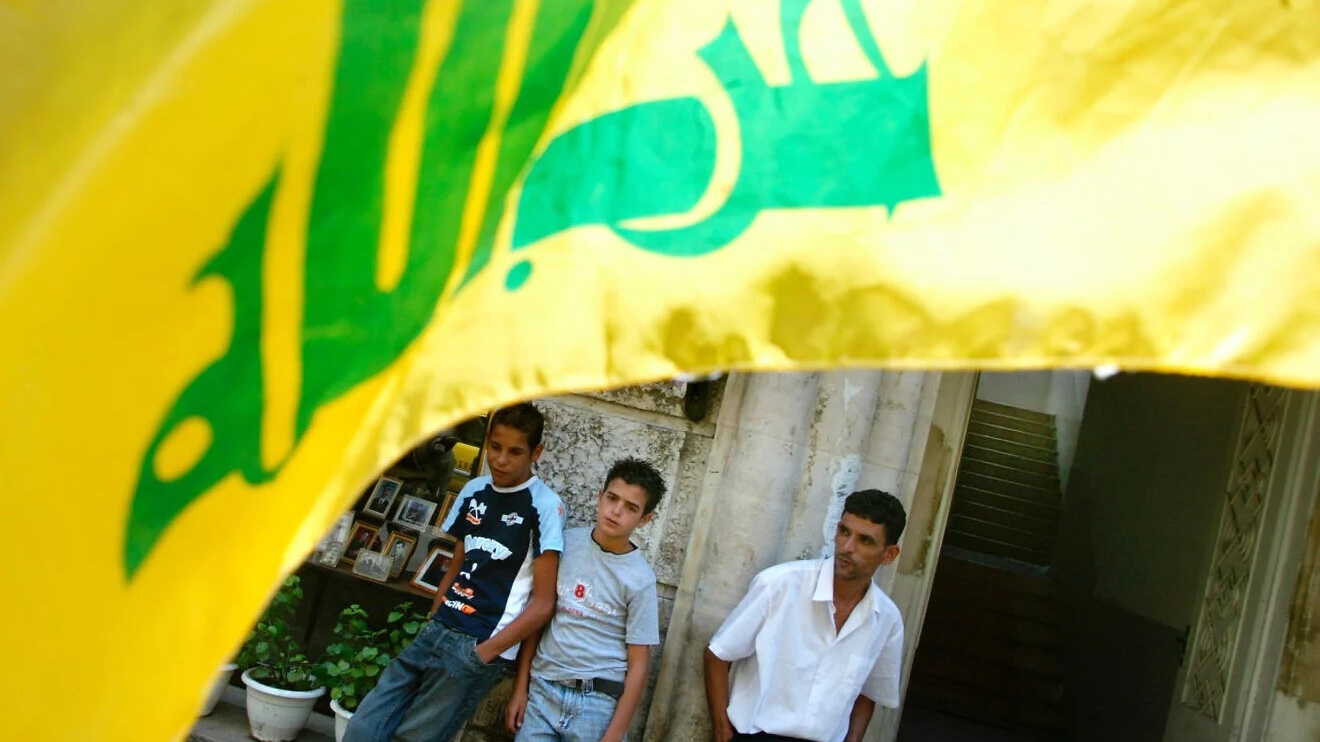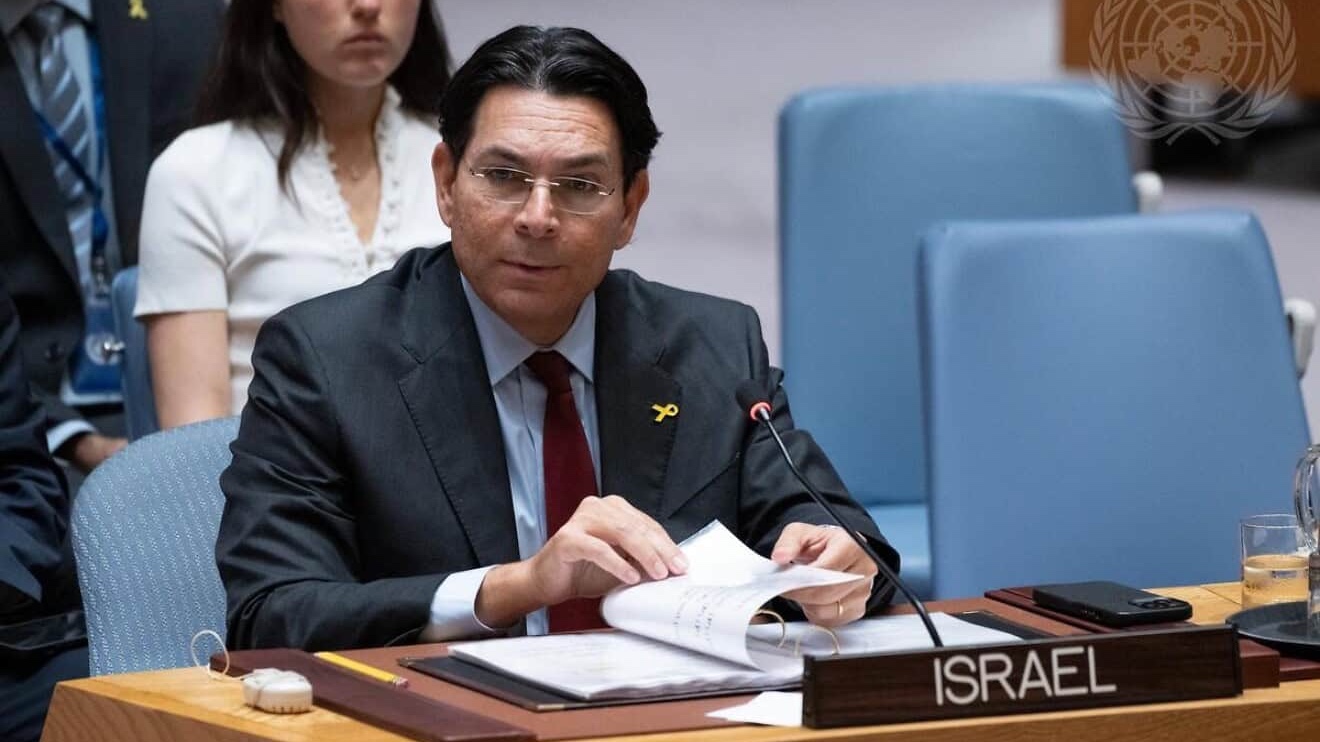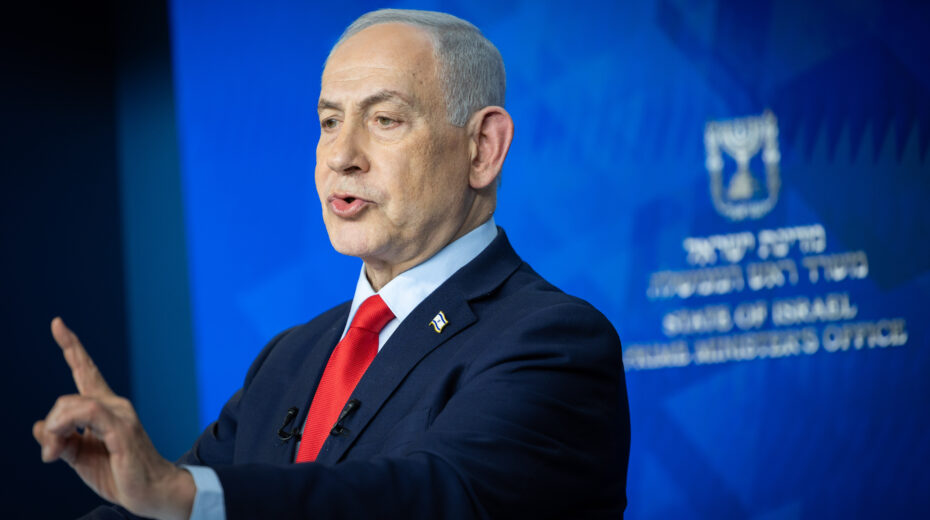US senator demands Lebanon recognize Hezbollah as a terrorist group, questions army’s credibility as a partner.
Lebanon
The military said it has completed the first stage of a five-phase plan to remove weapons from all non-state armed groups.
Senior officials in Washington believe there is a once-in-a-generation opportunity for moves that could pull the region in a better direction.
Prime Minister Benjamin Netanyahu is set to travel to Mar-a-Lago for a pivotal summit with U.S. President Donald Trump, with far-reaching security and foreign-policy decisions on the agenda.
Strategic impasse raises questions about the ceasefire’s durability and regional stability.
“It is likely that we will soon need to return and operate there to preserve the gains achieved against Hezbollah,” Smotrich told JNS.
Diplomat Simon Karam, a Maronite Christian and critic of Hezbollah, headed the Lebanese team in what Israeli officials described as a breakthrough.
The delegation aims “to listen and learn, and to evaluate the leadership, especially in Syria,” Israeli Ambassador to the UN Danny Danon told JNS.
Israeli Prime Minister Benjamin Netanyahu instructed Acting National Security Council head Gil Reich “to send a representative on his behalf.”
As Hezbollah rearms under Lebanon’s nose and international eyes, Israel prepares to act—because no one else will.


